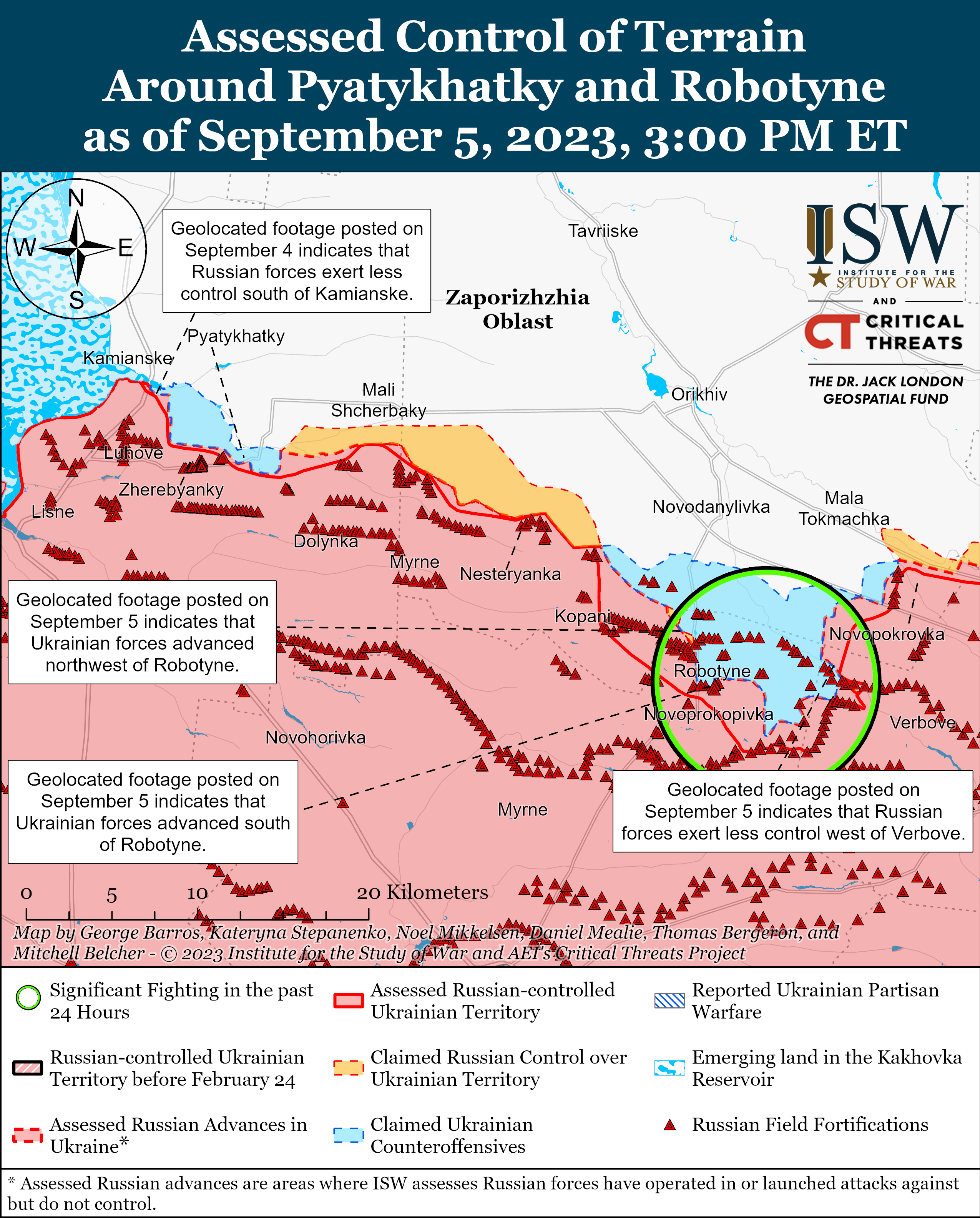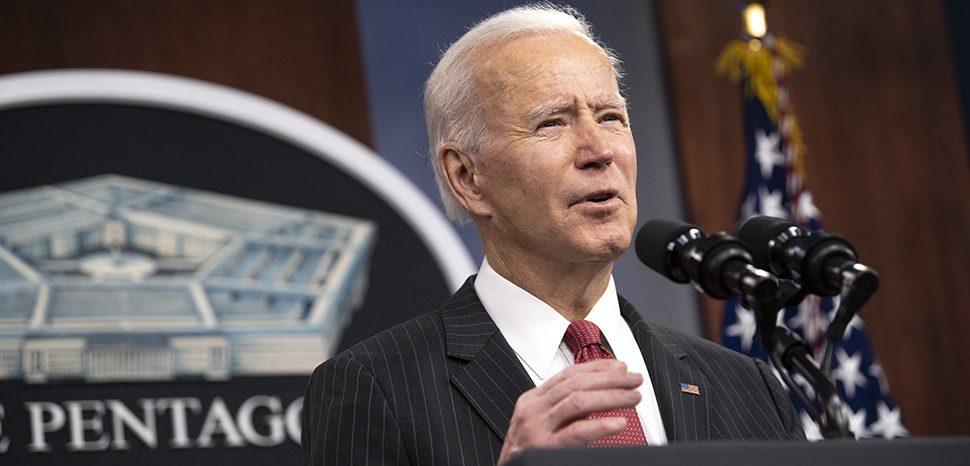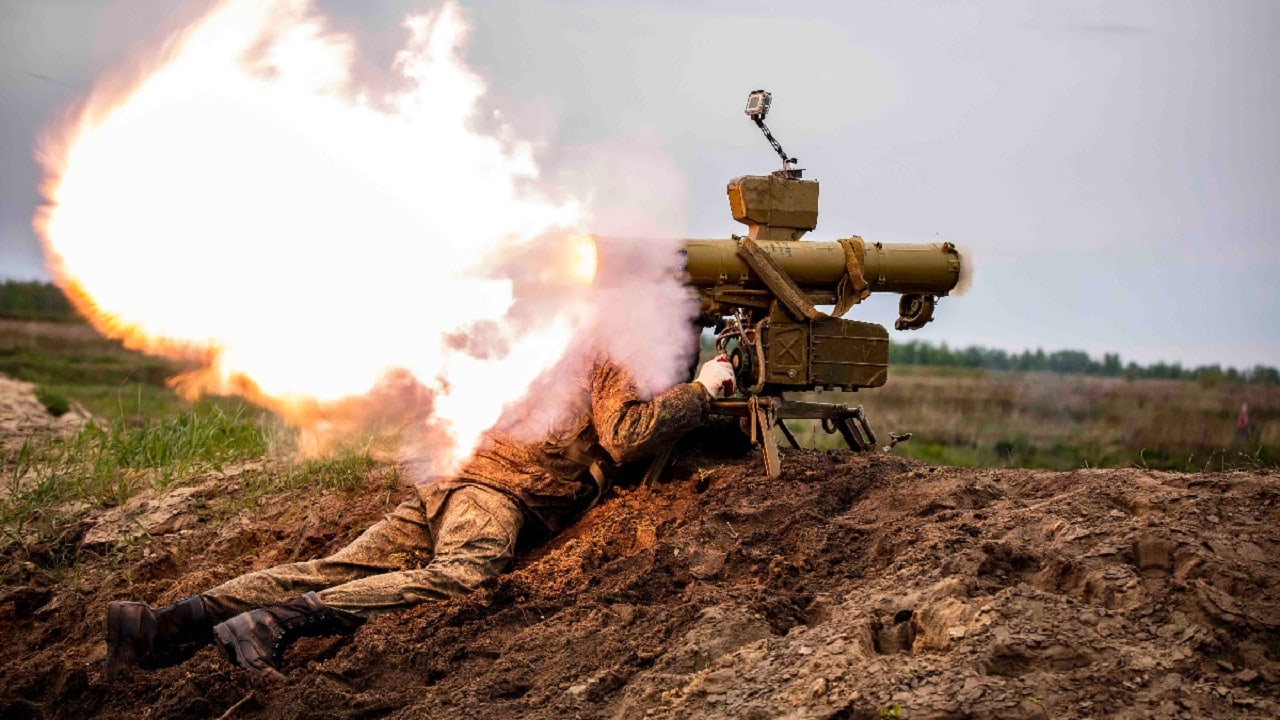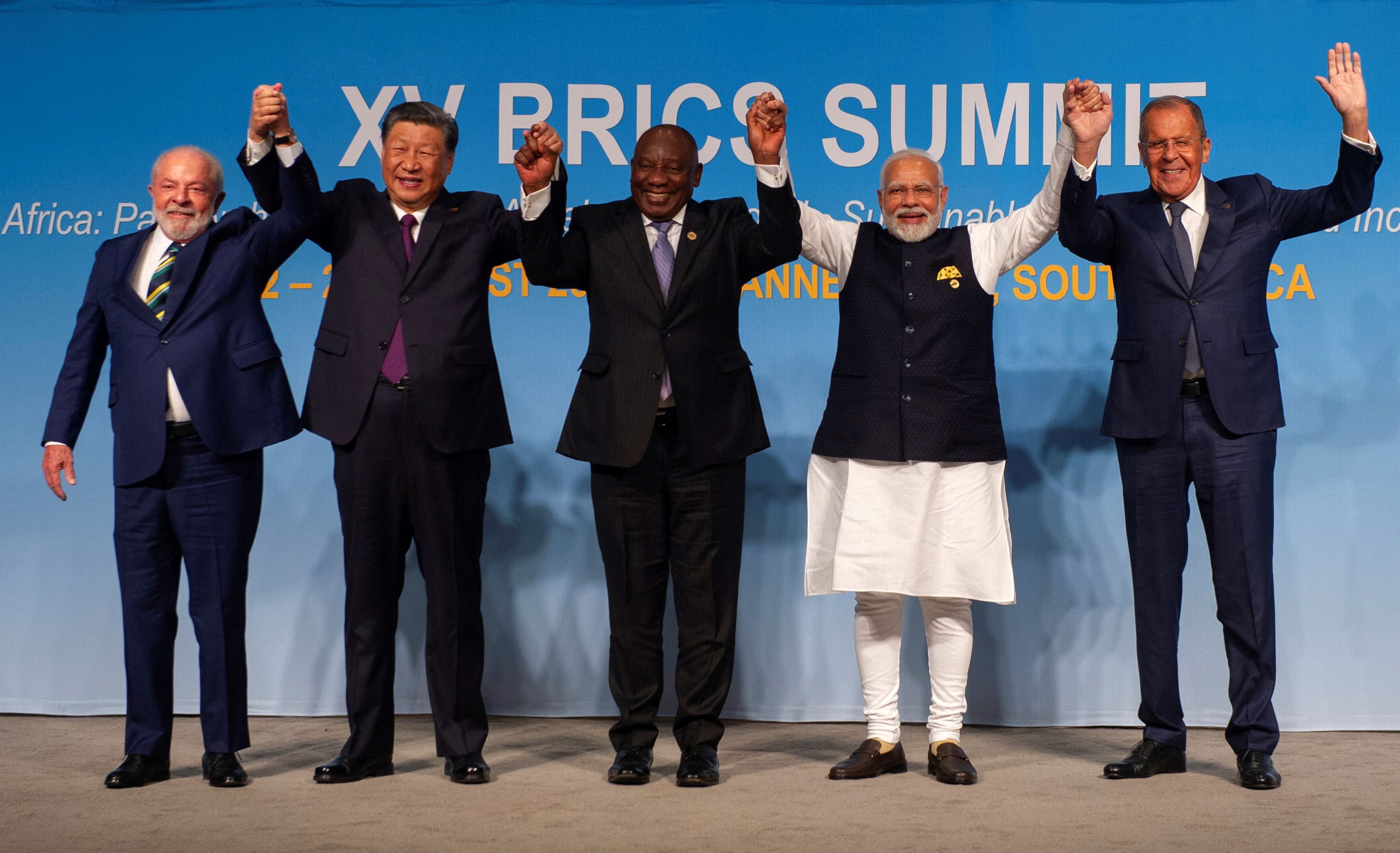ISLAMABAD (AP) — Two soldiers and one militant were killed in a shootout during an overnight military operation against militant activity in the northwest alongside the border with Afghanistan.
A military statement late Friday said that security forces initiated an operation in Miran Shah, the main town of North Waziristan, “to eliminate remaining terrorists” after receiving concrete intelligence reports about the presence of militants.
It said as troops closed in on the location, a group of militants was spotted and intercepted, triggering an intensive shootout, resulting in the death of the army major leading the operation and another soldier. One militant was killed and another was wounded.
The army said they conducted another raid on a militant hideout in Tirah valley in the Khyber district near the border with Afghanistan where a soldier and a militant were killed early Friday.
There has been an increase in militant attacks on security forces in the northwest in recent days. On Thursday, a suicide bomber targeted a security convoy in northwest Pakistan, killing nine soldiers and wounding 20 others. The attack happened in Bannu, a district of Khyber Pakhtunkhwa province.









